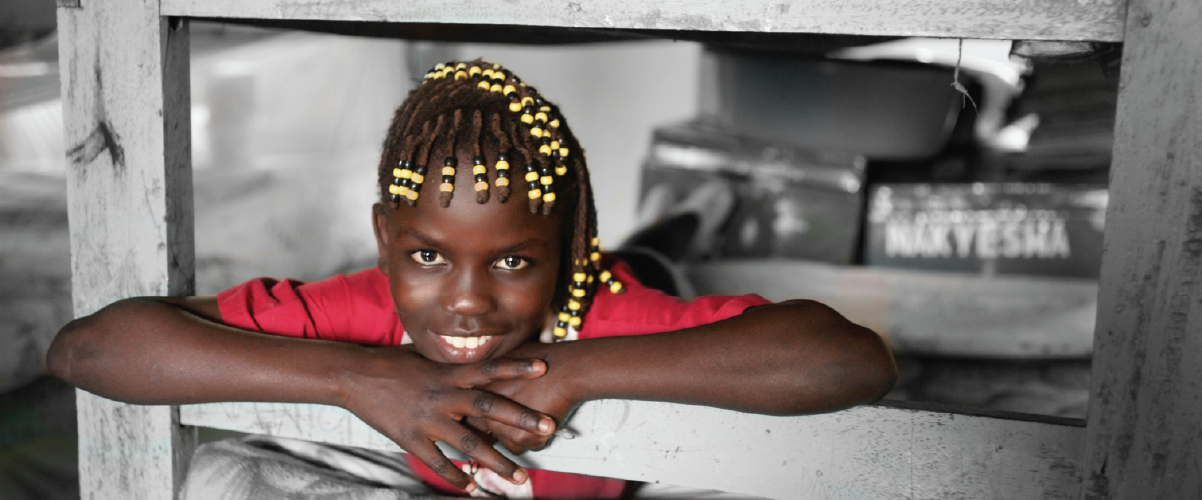


Engaging men and boys as allies in the fight against GBV is crucial to challenging harmful gender norms and patriarchal attitudes that contribute to violence. By involving men in advocacy and education programs that promote gender equality and peaceful conflict resolution, communities can foster environments of mutual respect and non-violence. Initiatives may include:
This approach not only reduces the prevalence of violence but also builds a culture of peace and respect across genders.
Education is a powerful tool in breaking the cycle of GBV. Keeping girls in school has long-term benefits for reducing their vulnerability to violence. Educated girls are more likely to gain economic independence, make informed decisions about their lives, and challenge oppressive gender norms. Key actions include:
Promoting access to education for girls, particularly in regions where they face barriers such as poverty, early marriage, or cultural restrictions.
Implementing school-based programs that raise awareness about GBV and teach students about their rights.
Creating safe learning environments by enforcing policies that prevent sexual harassment and violence in schools.
Ensuring that girls remain in school contributes to their empowerment, making them less susceptible to various forms of violence.
Health services play a pivotal role in addressing the physical, psychological, and emotional impacts of GBV. Providing survivors with access to comprehensive healthcare can help in their recovery and prevent long-term harm. Strategies to enhance health support include:
Integrating health services with community outreach ensures that survivors receive the holistic care they need to heal and rebuild their lives.
Economic empowerment is one of the most effective ways to reduce the risk of GBV and to help survivors regain control over their lives. When women have financial independence and access to economic resources, they are better positioned to escape abusive situations and avoid dependency on perpetrators. This can be achieved through:
Financial independence not only helps women avoid abusive relationships but also strengthens their overall resilience, giving them greater freedom to make autonomous decisions.
